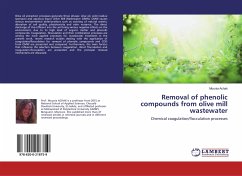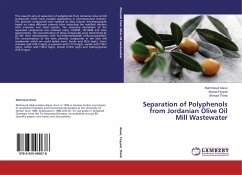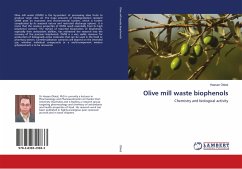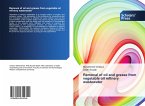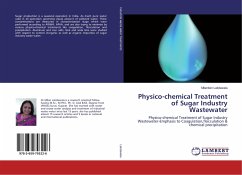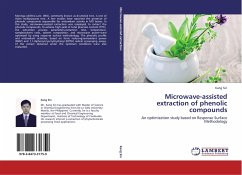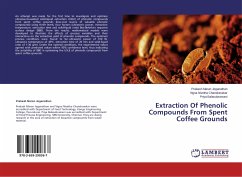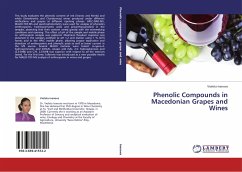Olive oil extraction processes generate three phases: olive oil, solid residue (pomace) and aqueous liquor (Olive Mill Wastewater OMW). OMW causes serious environmental deteriorations such as coloring of natural waters, alteration of soil quality, phytotoxicity and odor nuisance. The direct discharge of this effluent into the soil bring various negative effects on the environment, due to its high load of organic matter and phenolic compounds. Coagulation, flocculation and their combination processes are among the most applied processes for wastewater treatment. In the present work, recent research studies dealing with the application of coagulation/flocculation for removal of phenolic compounds and COD from OMW are presented and compared. Furthermore, the main factors that influence the selection between coagulation, direct flocculation and coagulation-flocculation are presented and the principal removal mechanisms are discussed.
Hinweis: Dieser Artikel kann nur an eine deutsche Lieferadresse ausgeliefert werden.
Hinweis: Dieser Artikel kann nur an eine deutsche Lieferadresse ausgeliefert werden.

